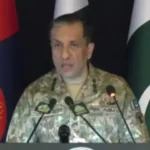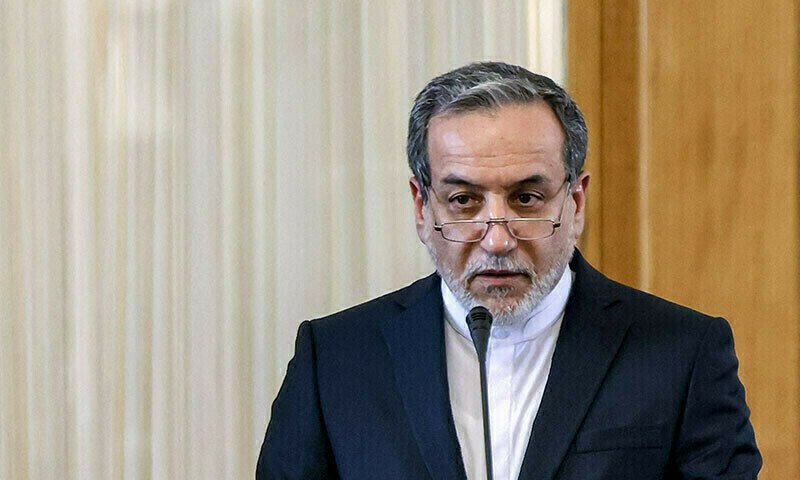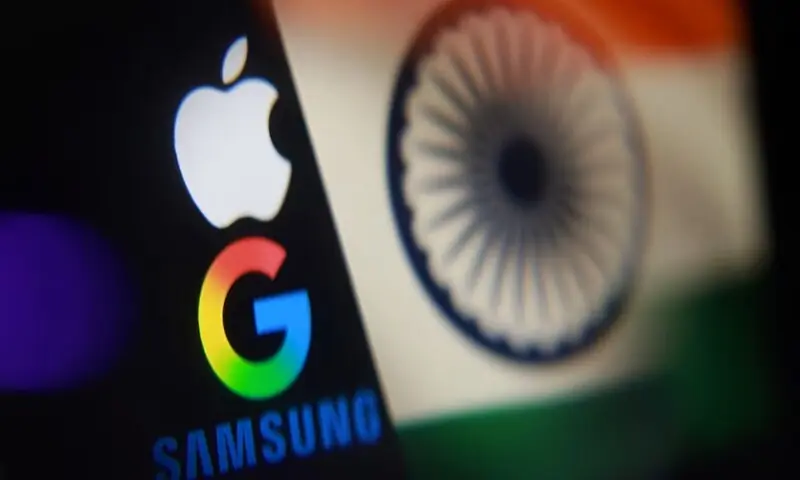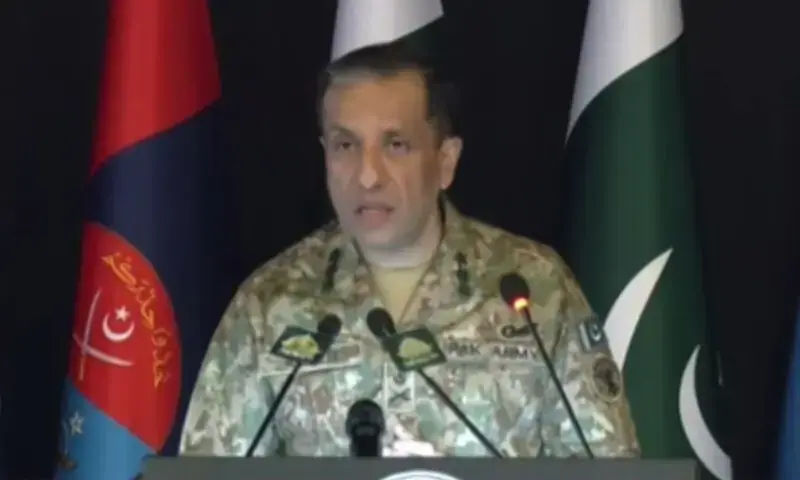Iranian Foreign Minister Abbas Araghchi rejected direct negotiations with the United States as “meaningless”, after the president of the United States, Donald Trump, said he would prefer direct conversations with the Islamic Republic.
Trump had called Tehran last month to maintain negotiations about his nuclear program with Washington, but threatened to bomb Iran if diplomacy fails.
On Thursday, the president of the United States said he would prefer to maintain “direct conversations” with Iran.
“I think it’s going faster, and you understand the other side much better than if you pass through intermediaries,” he argued.
But on Sunday, Araghchi said that “direct negotiations would not make sense with a part that constantly threatens to resort to the Violation of the UN Charter and that expresses contradictory positions of its various officials.”
“We remain committed to diplomacy and we are ready to prove the path of indirect negotiations,” he added, according to a statement from the Ministry of Foreign Affairs.
“Iran remains prepared for all possible or probable events, and as it is serious in diplomacy and negotiations, it will also be decisive and serious by defending their national interests and sovereignty,” said Araghchi.
On Saturday, Iranian President Masoud Peeshkian said his country was willing to participate in the dialogue with the United States “on equal terms.”
He also questioned Washington’s sincerity when asking for negotiations, saying: “If you want negotiations, what is the point of threatening?”
Nuclear program
Western countries, led by the United States, have accused Tehran for decades to seek to acquire nuclear weapons.
Iran rejects the accusation and argues that its nuclear activities exist only for civil purposes.
On Saturday, Hossein Salami, head of the body of the Islamic Revolutionary Guard, said the country was “ready” for war.
“We are not worried about war at all. We will not be the initiators of the war, but we are ready for any war,” the official IRNA The news agency reported by saying.
In 2015, Iran reached a historical agreement with the permanent members of the UN Security Council, namely the United States, France, China, Russia and the United Kingdom, as well as Germany, to regulate its nuclear activities.
The 2015 agreement, formally known as the Comprehensive Comprehensive Action Plan (JCPOA), granted the relief of Iran’s sanctions in exchange for curbs in its nuclear program to ensure that Tehran could not develop a nuclear weapon.
In 2018, during Trump’s first mandate, the United States withdrew from the agreement and restored the scathing sanctions against Iran.
A year later, Iran began to reverse his commitments under the agreement and accelerated his nuclear program.
On Monday, Ali Larijani, a nearby advisor to Supreme Leader Ayatollah Ali Khamenei, warned that, although Iran did not look for nuclear weapons, “I would have no choice but to do it” in case of an attack against him.







